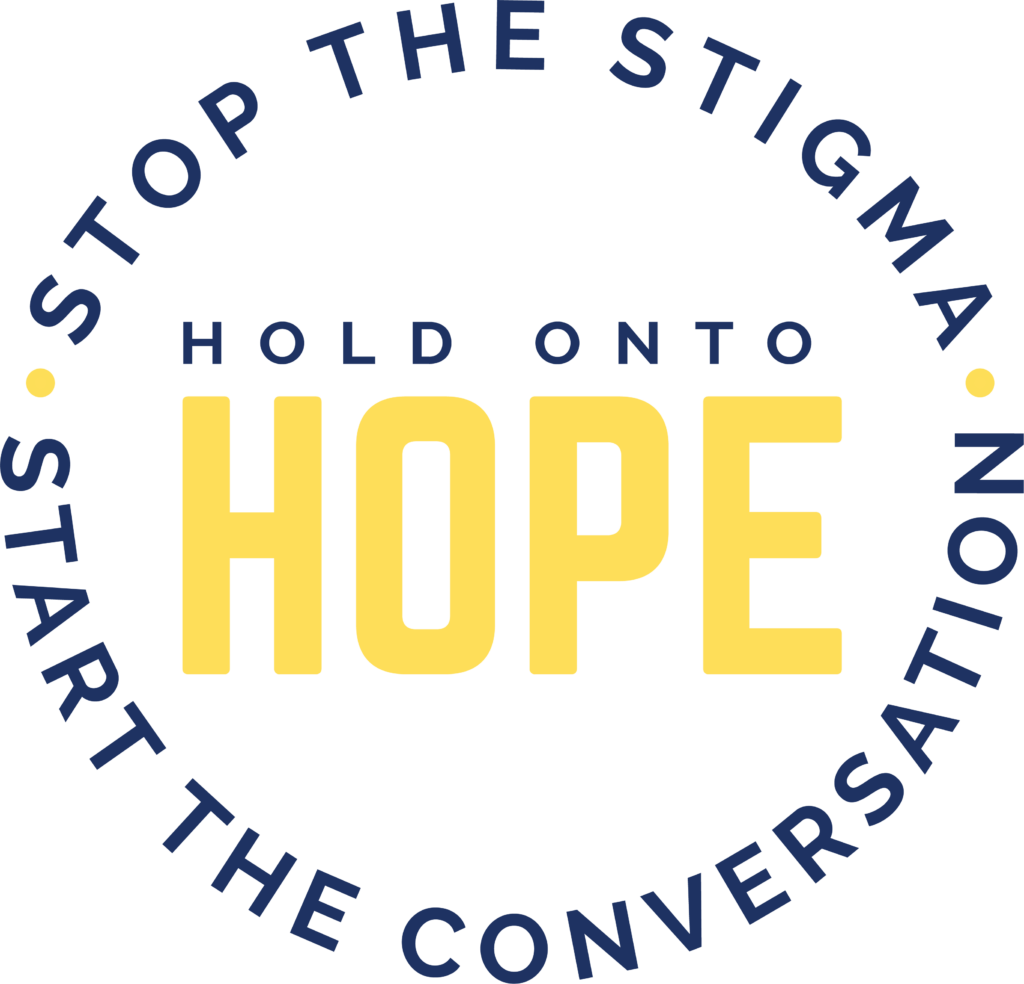
Even though these are uncomfortable, they can be warning signs that our mental health is at risk. We may be experiencing more pressure at work or school, or anxious about an upcoming event. Sometimes these symptoms are mild but sometimes these symptoms can lead to chronic illness. I recently ignored all the signs that my mental health was in jeopardy as we entered the month of May which ironically is Mental Health Awareness Month. I don’t want you to miss the warning signs like I did. How can we learn to do a better job paying attention to the physical symptoms our body’s use as warnings to communicate with us?
Get to know yourself
Some of us are prone to headaches when we get upset or feel pressure or stress and others hold all our stress in our shoulders. Get to know yourself and how you react physically to your mental and emotional health. Even more important, what are some things you can do when you recognize the physical symptoms of your mental health?
My Story of Ignoring the Symptoms
The month of May can be such a pretty month here in CT. The weather finally starts to warm up, everything is in bloom, and I can finally plant flowers. We also celebrate Mother’s Day in May. This holiday is not easy for me since losing Connor. I have great memories of my last Spring with Connor. He went with me to choose the flowers and he helped me plant them too. So now as I go through this ritual each year, I imagine him with me and can almost feel his presence in the back yard with me. This Mother’s Day I was determined that I wasn’t going to be sad about missing Connor for a couple of reasons. My daughter Emily is expecting her first baby and my oldest son Tyler just got engaged and now I have a new daughter-in-law to love and cherish in our family! These are both wonderful things to celebrate and both events I have looked forward to so “No, I will not be sad” I told myself repeatedly. But deep in my heart I was still missing Connor. These events could not replace my grief over missing Connor. I have come to learn that I can be very happy and still sad at the same time. In addition, I was not seeing the signs that I was depleted emotionally from repeated conversations about suicide loss due to a new project I was working on.
My body was telling me to PAY ATTENTION! But my mind was trying to ignore it.
Here’s what I was experiencing –
I experienced 6 out of the 11 possible symptoms mentioned earlier. In addition to these, I was constantly arguing with my husband and was easily aggravated. My physical symptoms were now affecting my life in significant ways What could I have done differently to avoid this situation?
Tips for Improving Your Mental Health*
Doing better now –
This past week I have been better about putting these tips into practice and I have noticed a difference in my overall health. I have spent some time reflecting. I don’t want to repeat the same mistakes. I’ve enjoyed nice walks with the dogs and stopped to listen to the birds as they call to each other. I’ve been more intentional about eating and sleeping. I have taken some time to journal which I find very helpful in processing my thoughts and emotions. I’ve been kinder to myself and it’s helping. I’ve decided to ask for help too. I’m reaching out to my therapist again and I’m reaching out to God – my source of hope.
The next time you get that nagging headache or feel your shoulders around your ears, stop for a minute and pay attention to what else is going on. Maybe It’s time to evaluate your mental health and take some steps to improve it. We are all on this journey of life together and whatever small steps we can take to improve along the way is a win! Most of all, be nice to yourself and others.
If you need help – please find a list of resources at How to Get Help | Honor Connor | Suicide Prevention
* – https://childadolescentpsych.cumc.columbia.edu/articles/11-tips-mental-health-well-being


Founder & Manager Director